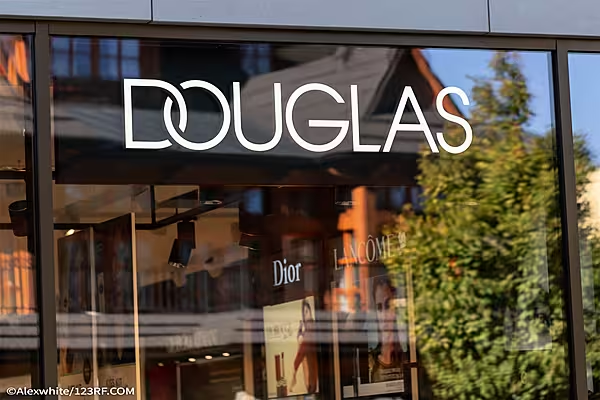The French economy maintained a steady pace of growth in the first three months of the year as household spending recovered after anti-government protests at the end of 2018, official data showed on Tuesday.
The euro zone's second-biggest economy grew 0.3% in the January-March period, the third quarter in a row at that rate, the INSEE statistics agency said.
The preliminary GDP reading was in line with the average expectation in a Reuters poll of 27 economists and was just a tad less than the 0.4% recorded in the broader euro zone.
Consumer Spending
Some economists were disappointed that consumer spending had not rebounded more strongly given government pledges to cut taxes and boost pensions in response to the violent "yellow vest" street protests over the high cost of living.
The government outlined a €10 billion ($11.18 billion)package in December aimed at boosting the incomes of the poorest workers and pensioners.
President Emmanuel Macron followed up last week with a pledge to cut income tax by €5 billion, after five months of weekly protests.
"At this stage, even though the announced tax measures should contribute to the growth of purchasing power, which already increased significantly in 2018, private consumption growth in 2019 should be barely above 1%," ING economist Julien Manceaux said.
"Only when households feel they have rebuilt their savings is it likely that these measures will have a stronger acceleration effect on private consumption."
Growth Drivers
Household spending, the traditional motor of French growth, grew 0.4% in the first quarter after stalling in the final three months of 2018, when spending was hit by some of the angriest street protests seen in decades.
INSEE said the improvement was seen particularly in services, with spending in hotels and restaurants recovering after a drop in tourist numbers in December due to the protests.
Meanwhile, business investment picked up only marginally, growing 0.5% after 0.4% in the fourth quarter, when the unrest weighed heavily on business confidence.
Exports grew only 0.1% in the first quarter, slowing after an end-of-year rush to deliver Airbus aircraft pushed up deliveries in the fourth quarter.
Import growth thus easily outpaced exports at 0.9%, which meant foreign trade subtracted 0.3 percentage points from growth. That was offset, however, by firms rebuilding inventories, which boosted output by 0.3%.
News by Reuters, edited by ESM. Click subscribe to sign up to ESM: European Supermarket Magazine.














